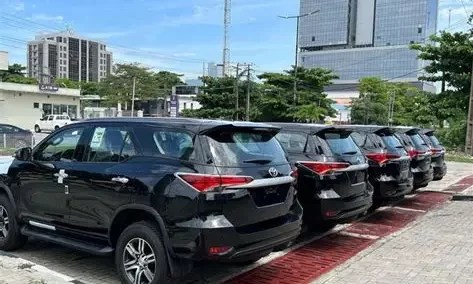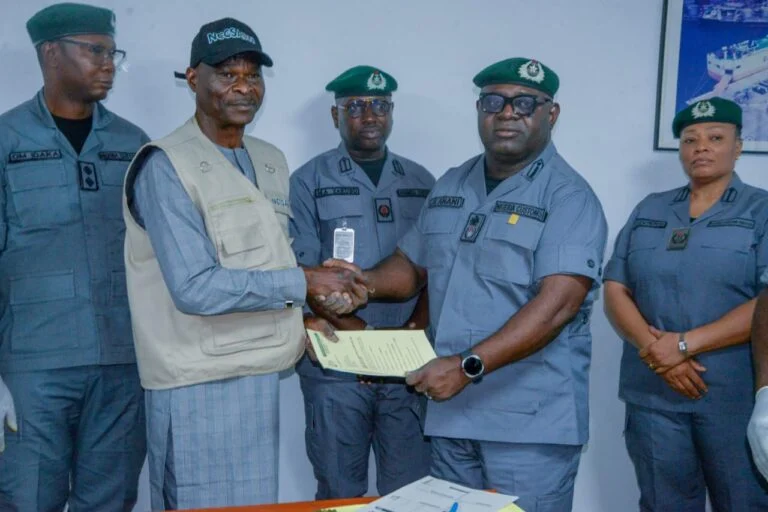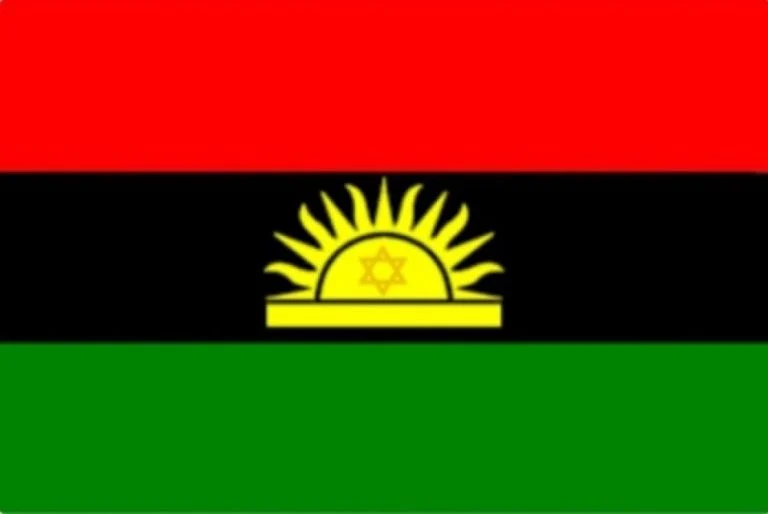Lagos Residents Live on Expensive Water Budget

Ikorodu and Alapere residents of Lagos State are forced to depend on expensive private sources of water for their daily needs owing to unstable water supply and poor water quality.
News Agency of Nigeria discovered that the availability of water is dependent on the unpredictable power supply in the area while the quest for drinkable water force them to depend on sachets and bottled water.
According to reports, the Lagos state government has invested greatly to ensure stable water supply, however the issue has persisted.
Residents are still calling on the state government for help because they believe the government can proffer a sure solution to the challenge.
Meanwhile, Mr John Taiwo who is a cinematographer in the area confirmed that the availability of water in his home depends entirely in power supply. He described water in that area as a “myth of life.
“The only threat to my water supply is when the electricity distributing company doesn’t bring light and my tank finishes,” Taiwo told NAN.
He also said he uses electricity to pump for his households and ensure that the water is treated before any form of usage either for drinking or bathing.
On the other hand, a market woman in Ikorodu, Iya Ibeju also confirmed that water is usually scarce when there is power outage in the area and she usually would pay a fee to access water to run her day to day business activity of grinding pepper.
She noted that she does not treat her water so she relies on sachet water for drinking whether light is available or not.
A teacher, Mr Idris Ayeni who had been relying on the well for water was forced to install a borehole after the well dried up during the dry season.
“Making a borehole has been the best decision I made for my water supply. The water is good for drinking and has saved me a lot of cost.
“I no longer buy sachet water because my borehole water is suitable for drinking,” he said.
In Alapere, concerns are a little different, a banker, Mrs Olaoti Omowunmi, said the water in her compound “is very bad,” explaining that she restricts its use to flushing toilets.
She buys 10 gallons of 25-litre water from a community borehole for ₦2,500, which lasts her three to four days. Although she treats the water she bathes with, she depends on sachet water for drinking, just like many residents.
A businessman, Mr Femi Ogungbe, also said he avoids using the water supplied to his compound because it often contains soil. He purchases water instead, which he considers safer for his household.
Not all residents reported similar problems. Mrs Janet Adeola said the borehole in her compound produces clean-tasting water that she uses for all domestic needs, although she has never tested its quality.
At the Alapere market, a trader said she buys two 25-litre kegs of water daily at ₦250 per keg to support her business.
Overall, the situation shows that water scarcity continues to trouble both Ikorodu and Alapere.
Power outages and dry-season depletion of wells have worsened the situation, leaving many households to rely on boreholes or purchased water, while sachet water remains the preferred drinking option in both communities.









